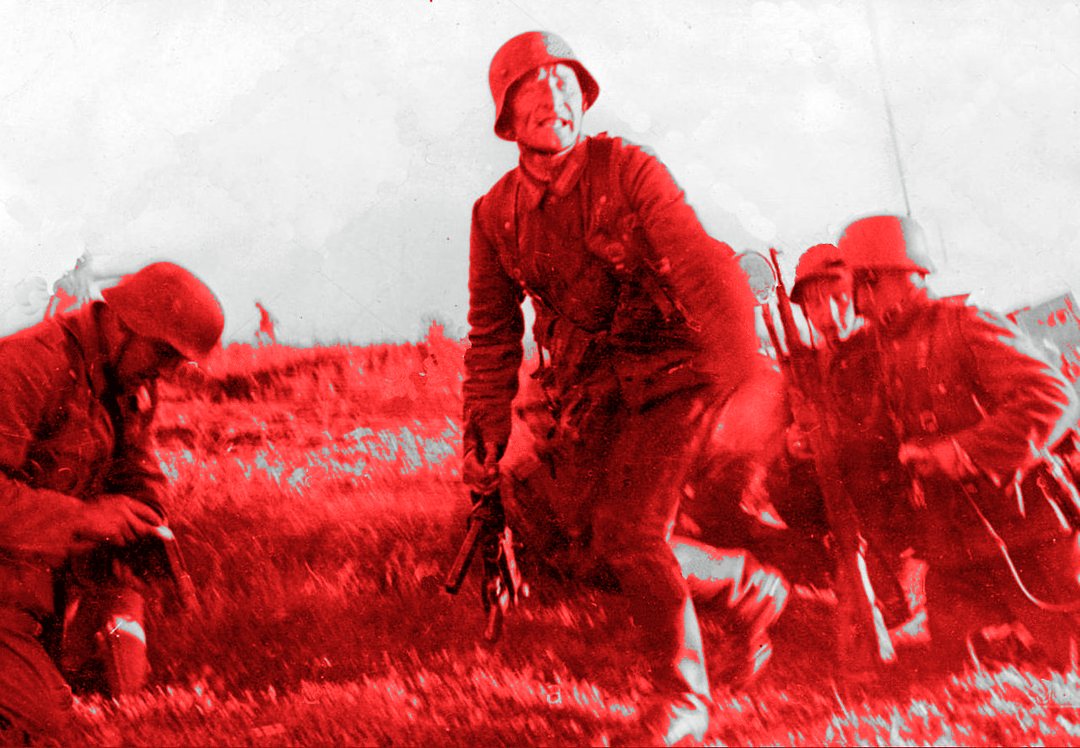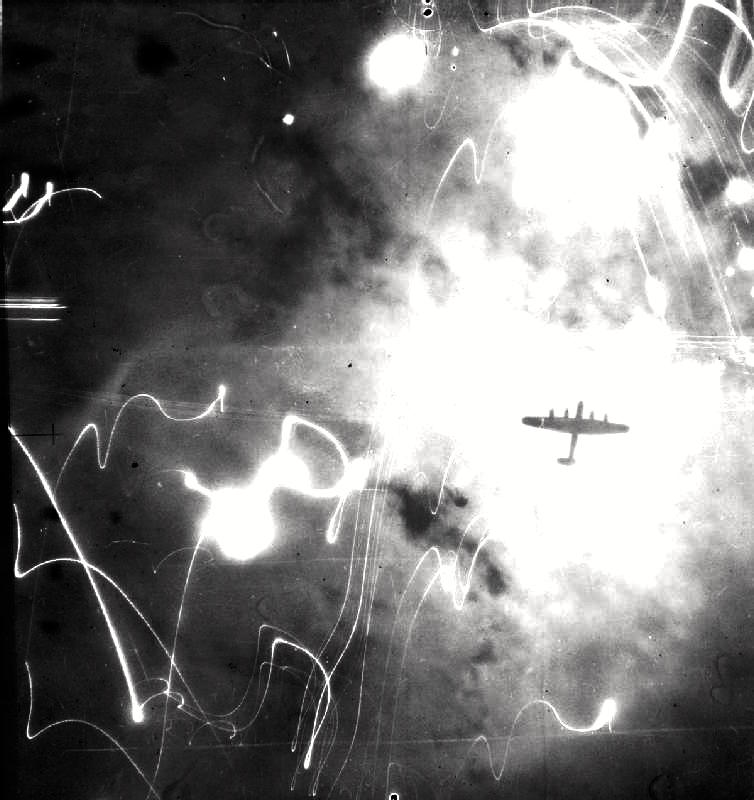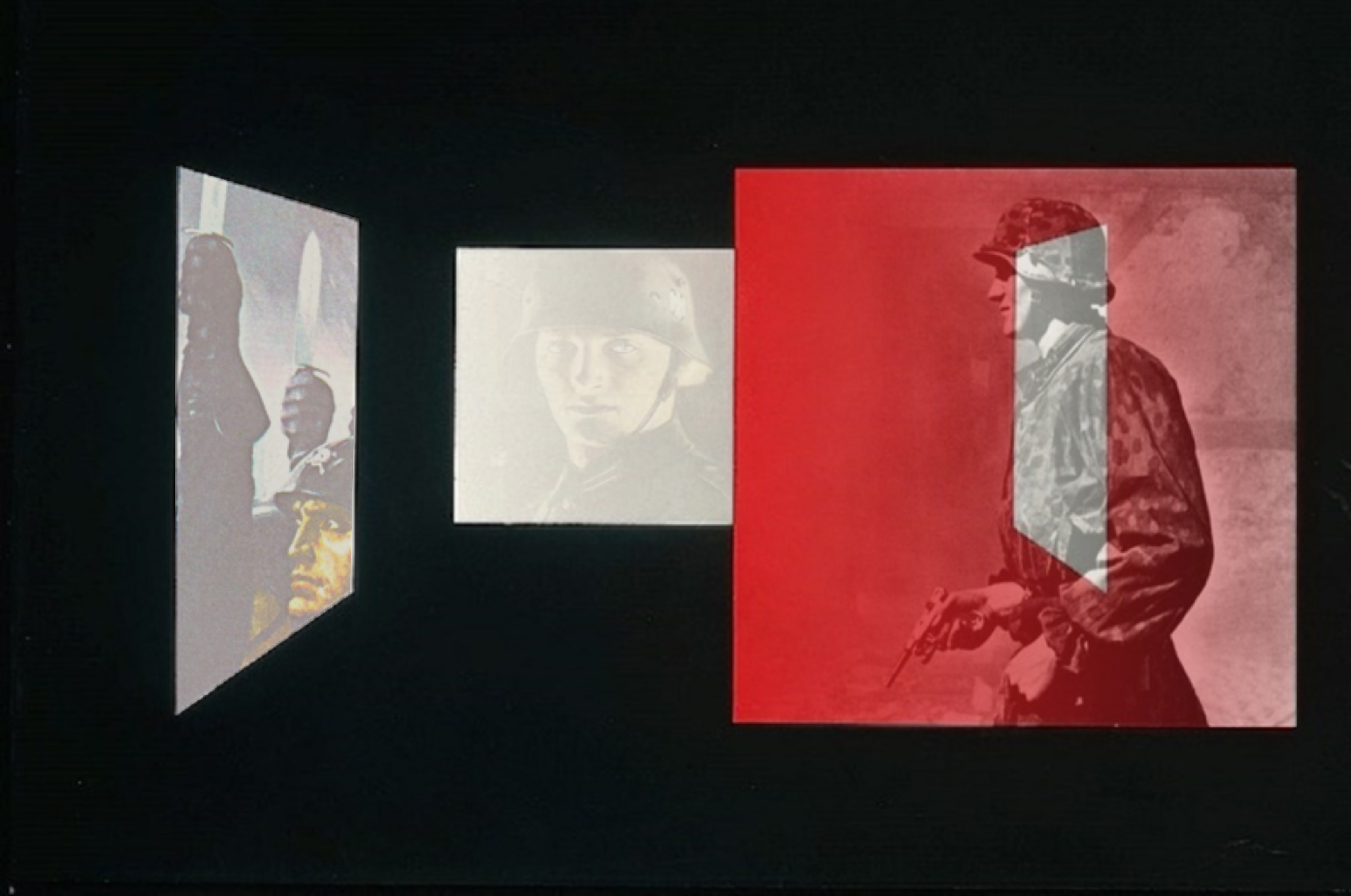“WIr sind doch nunmehr gantz / ja mehr alß gantz vertorben. Der frechen Völcker schar / die rasende Posaun /
Daß vom Blutt feiste Schwerd / die donnernde Carthaun /
Hat alles diß hinweg / was mancher sawr erworben /
Die alte Redligkeit vnnd Tugend ist gestorben;
Die Kirchen sind verheert / die Starcken vmbgehawn /
Die Jungfrawn sind geschänd; vnd wo wir hin nur schawn /
Ist Fewr / Pest / Mord vnd Todt / hier zwischen Schantz vñ Korbẽ
Dort zwischen Mawr vñ Stad / rint allzeit frisches Blutt
Dreymal sind schon sechs Jahr als vnser Ströme Flutt
Von so viel Leichen schwer / sich langsam fortgedrungen.
Ich schweige noch von dehm / was stärcker als der Todt /
(Du Straßburg weist es wol) der grimmen Hungersnoth /
Vnd daß der Seelen=Schatz gar vielen abgezwungen.” — “Tränen des Vaterlandes”
It is the most logical thing in the world to yearn for the rigidity of the medieval cosmology, the moral landscape to which a stonemason, manuscript illuminator or painter could turn for artistic solace, and from whose ethereal, luminescent matter parabolic universes could take shape. This bedrock of the European imagination held fast even in its deepest moments of crisis, before its eventual exhaustion. The peculiarly medieval aura, which thrived on the starkest contrasts between light and dark, good and evil, changeability and eternity, could always create, as if from antediluvian clay, the antidote to its own blood curdling nightmares. For every grisly, teeth-gnashing demon in the grottos and impenetrable abysses of Byzantine-Romanesque architecture, there stood in sublimely-opposed chiasma, up above the clerestory or enthroned in the tympanum, the shining redeemer, Christ Pantokrator.



